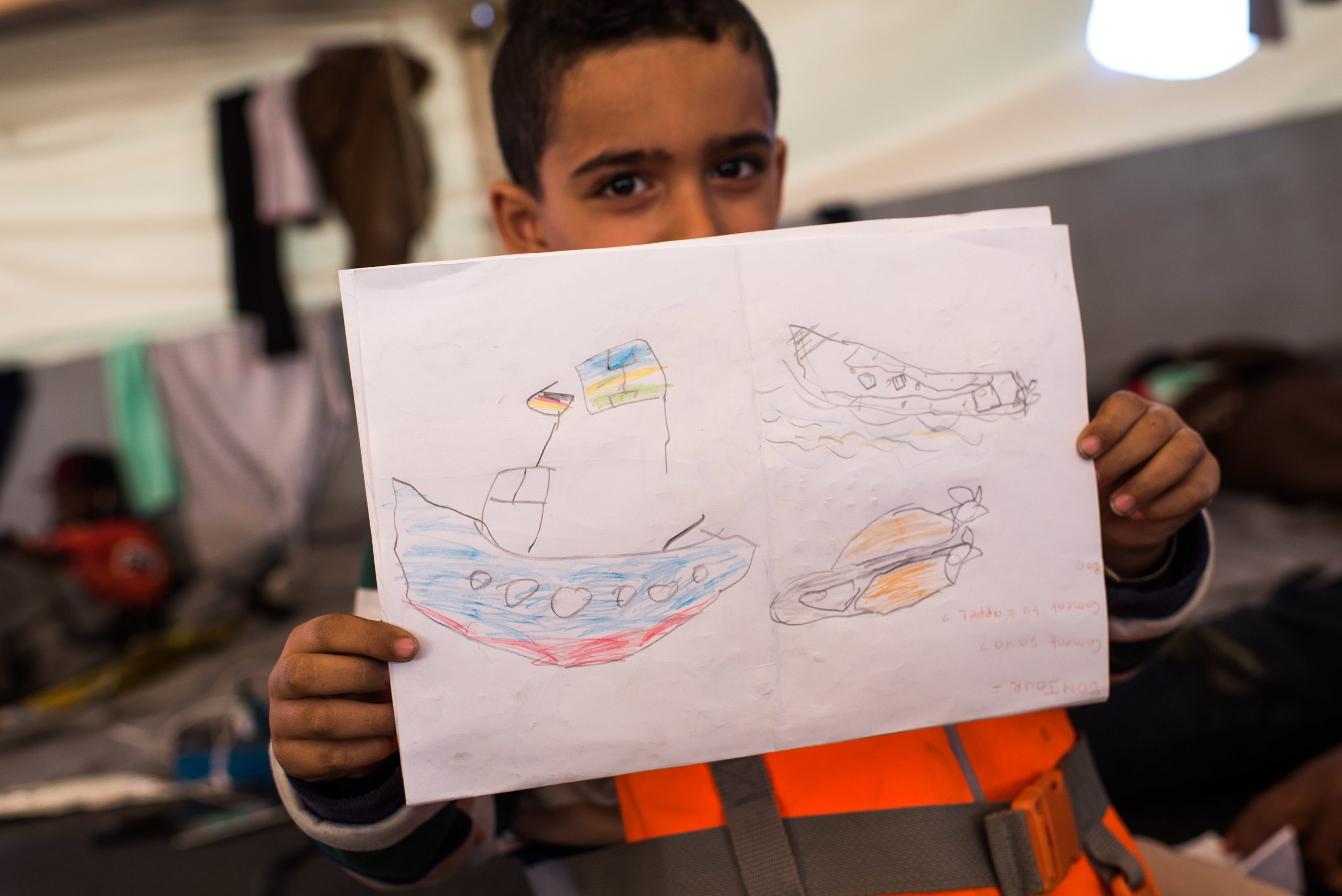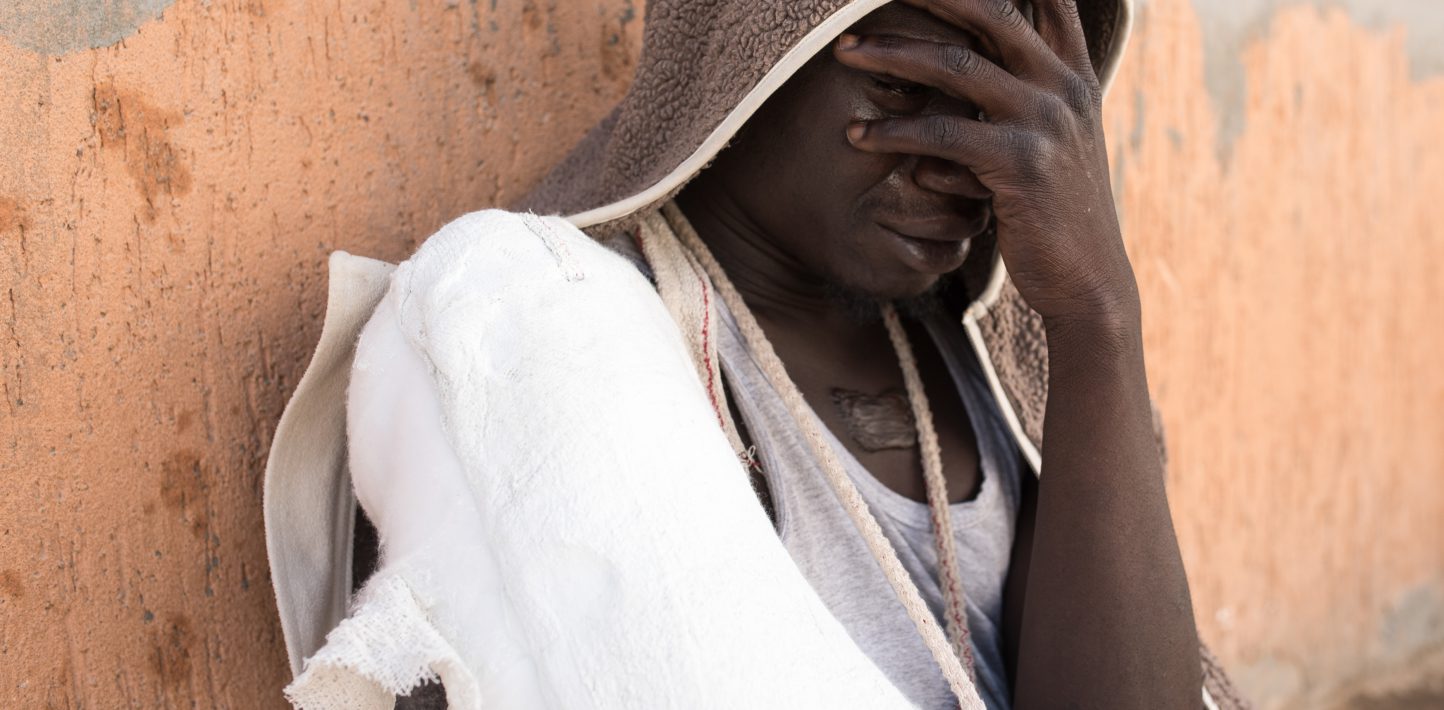Tens of thousands of women, men and children are suffering horrific violations and abuses in Libya, only because they are refugees and migrants. They are trapped in a conflict-ravaged country, where lawlessness and impunity allow criminal gangs to thrive. Many, fearing for their lives and lacking a safe and legal way out of the country, have attempted to reach Europe on flimsy boats. More and more have been stopped and taken back to Libya, following European governments’ measures to shut down the sea route and contain people in the country.
Most refugees and migrants in Libya are from Sub-Saharan and Northern Africa, while a smaller number come from Asia and the Middle East. The reasons they left their home countries are varied. Some fled due to war, famine or persecution. Others left in search of a better education or job opportunities. Many of them intend to remain in Libya, while others dream of reaching Europe, or are pushed to do so by worsening conditions in Libya.
What they all have in common is the desire to live in security and dignity.
All over Libya they sell people, they kidnap and beat you… We were kidnapped and beaten – my wife has injuries on her face and back
Farah, 24, from Somalia
Why are they stuck in Libya?
Since late 2016, EU countries have implemented a series of measures to block migratory routes from Libya across the Mediterranean Sea.
They have boosted the capacity of the Libyan Coast Guard to intercept refugees and migrants and bring them back to Libya, refused to allow people rescued in the high seas to disembark in Europe, criminalized the work of rescue NGOs and made deals with local authorities and militias to prevent people from leaving Libya. These policies of containment have left hundreds of thousands of women, men and children languishing in Libya. Refugees and migrants who attempt to leave by boat are intercepted at sea by the EU-supported Libyan Coast Guard and then taken back to Libya, where they are held indefinitely in detention centres in horrific conditions and risk violations on a daily basis.
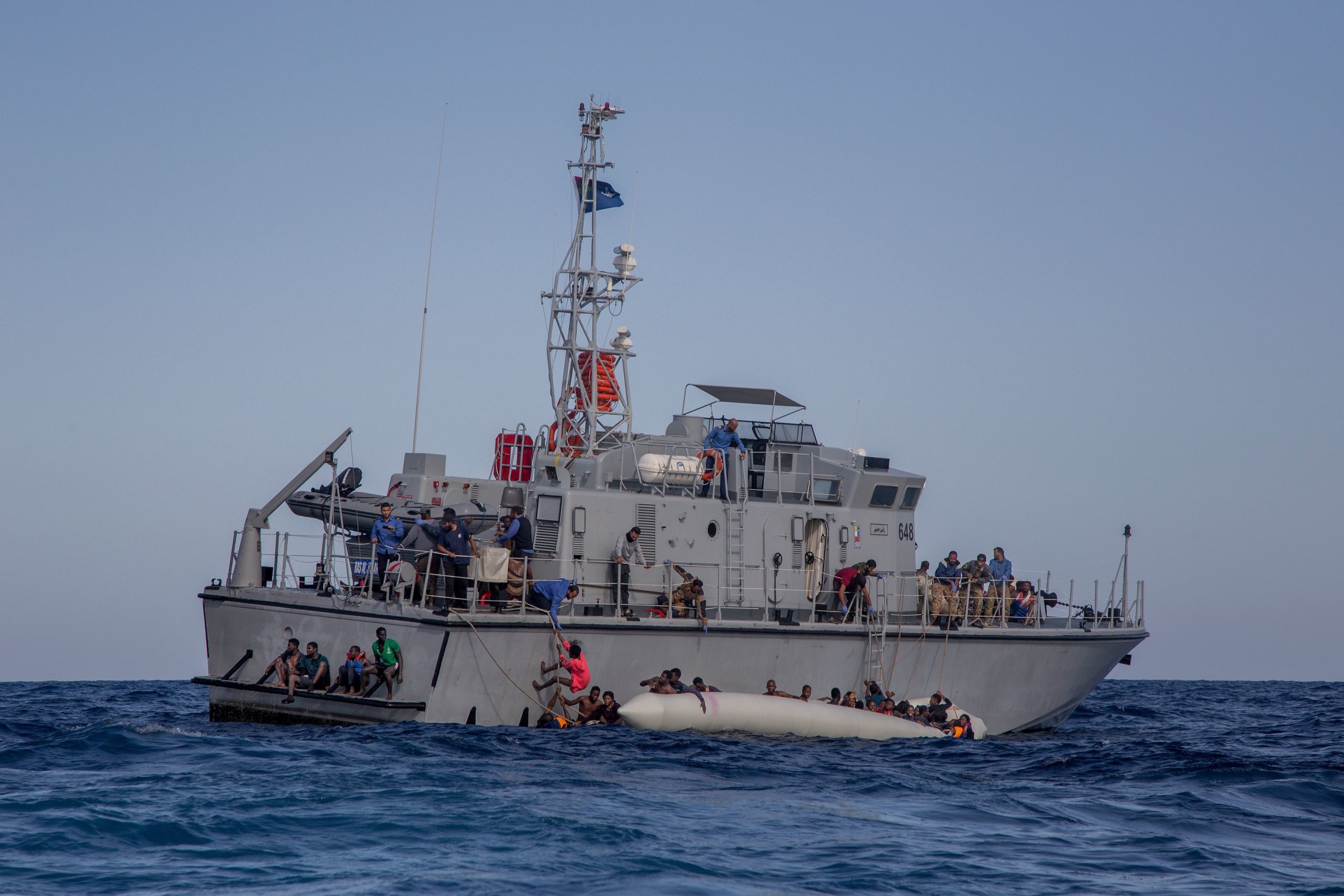
What abuses do they face?
Refugees and migrants placed in official detention centres are trapped in a cycle of abuse and extortion. They are held in inhuman and sometimes deadly conditions. They can be separated from relatives. Survivors recounted facing torture, other ill-treatment, sexual violence, and work exploitation. Some migrants and refugees are also held in places of captivity managed by armed groups and traffickers. Those who are not detained are forced to live in the shadows, where they are vulnerable to a range of abuses including physical attacks, kidnapping, robberies, sexual violence, trafficking, forced labour and forced deportations.
In the town of Mazda, southwest of Tripoli, armed men opened fire on about 200 migrants kept in a warehouse run by traffickers, killing 30 men and injuring 11 more. The rest are missing, amid fears that they were also killed or re-trafficked. Some of the victims’ bodies bore marks and bruises, suggesting that they were tortured before being killed.
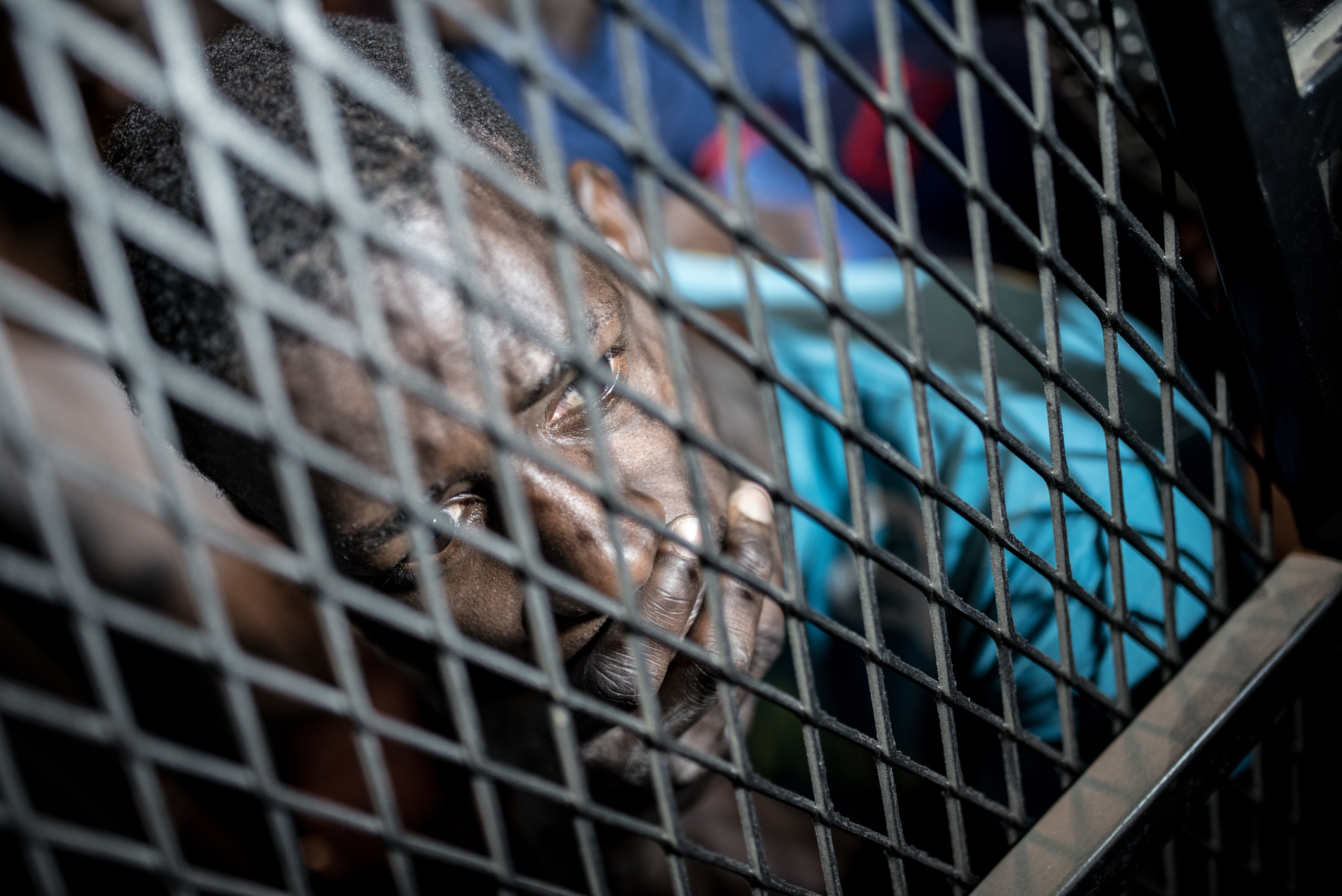
Caught in conflict
Between April 2019 and June 2020, fighting has raged in and around Libya’s capital, Tripoli, between security forces and militias affiliated with the internationally recognized and UN-backed Government of National Accord (GNA), led by Prime Minister Fayez al-Sarraj and based in Tripoli, and the self-proclaimed Libyan National Army (LNA), led by General Khalifa Haftar and affiliated with the Interim Government based in the east. Since GNA forces gained ground and pushed the LNA out of the capital in June 2020, armed hostilities have mostly moved to the centre of Libya. Civilians bore the brunt of the fighting , which led to hundreds of deaths and injuries and the displacement of more than 400,000 people. Both sides have been responsible for serious violations of iinternational humanitarian law and possible war crimes. Despite an arms embargo imposed by the UN Security Council since 2011, Russia, Turkey and the UAE have been supporting rival sides through illicit arms transfers and direct military support.
This fighting means that refugees and migrants in Libya are even more vulnerable to being harmed in indiscriminate or targeted attacks. on 2 July 2019, an LNA strike on a migration detention centre in Tajoura, on the eastern outskirts of Tripoli, killed and injured dozens of refugees and migrants. The same detention centre had already been struck on 7 May 2019, injuring two . The GNA had positioned an ammunition depot near the centre.
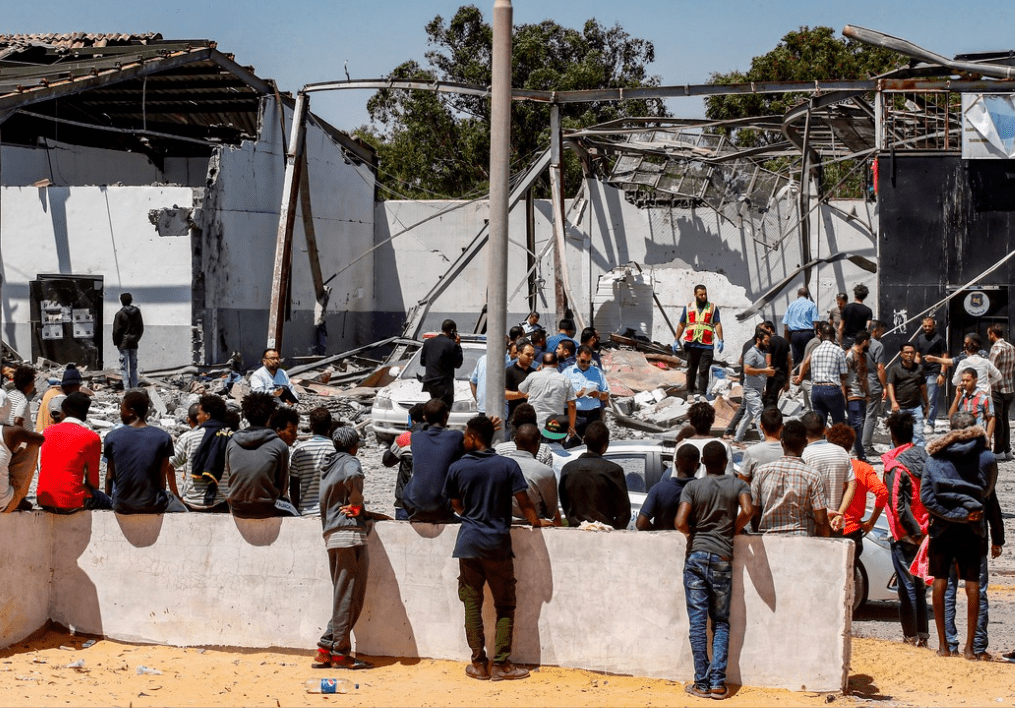
What should be done?
There is no quick-fix solution to address these problems, but all countries should ensure they do not worsen the situation for refugees and migrants in Libya. They must also work to ensure stability, halt the conflict and protect human rights in Libya. At the same time, with specific reference to the situation of refugees and migrants, the Libyan authorities should:
- Promptly release all refugees, asylum-seekers and migrants from detention and close all detention centres. The Libyan authorities, with the support of humanitarian actors on the ground, should ensure that those released have access – without discrimination – to essential services including adequate accommodation and health care.
- Decriminalize irregular entry, stay and exit from Libya.
- Stop disembarking migrants and asylum seekers in Libya, as it is not a safe port of disembarkation.
- Pursue accountability, including by cooperating with the fact-finding mechanism established by the Human Rights Council and identifying those responsible for violations and abuses against migrants with the view of bringing them to justice.
The EU and its Member States should refrain from offering further cooperation to Libya instrumental to containing people in the country, until concrete steps are taken to implement the above-described measures. They should also agree on measures to ensure that people rescued at sea are disembarked in a place of safety, which for the time being cannot be Libya.
Finally, Libya and the international community should work together to ramp up assistance to refugees and migrants trapped in Libya, dedicating sufficient resources to meet their rights. This must include resuming and boosting programmes offering humanitarian evacuation from Libya, in particular through the resettlement of refugees and the establishment of other safe and regular routes into Europe.
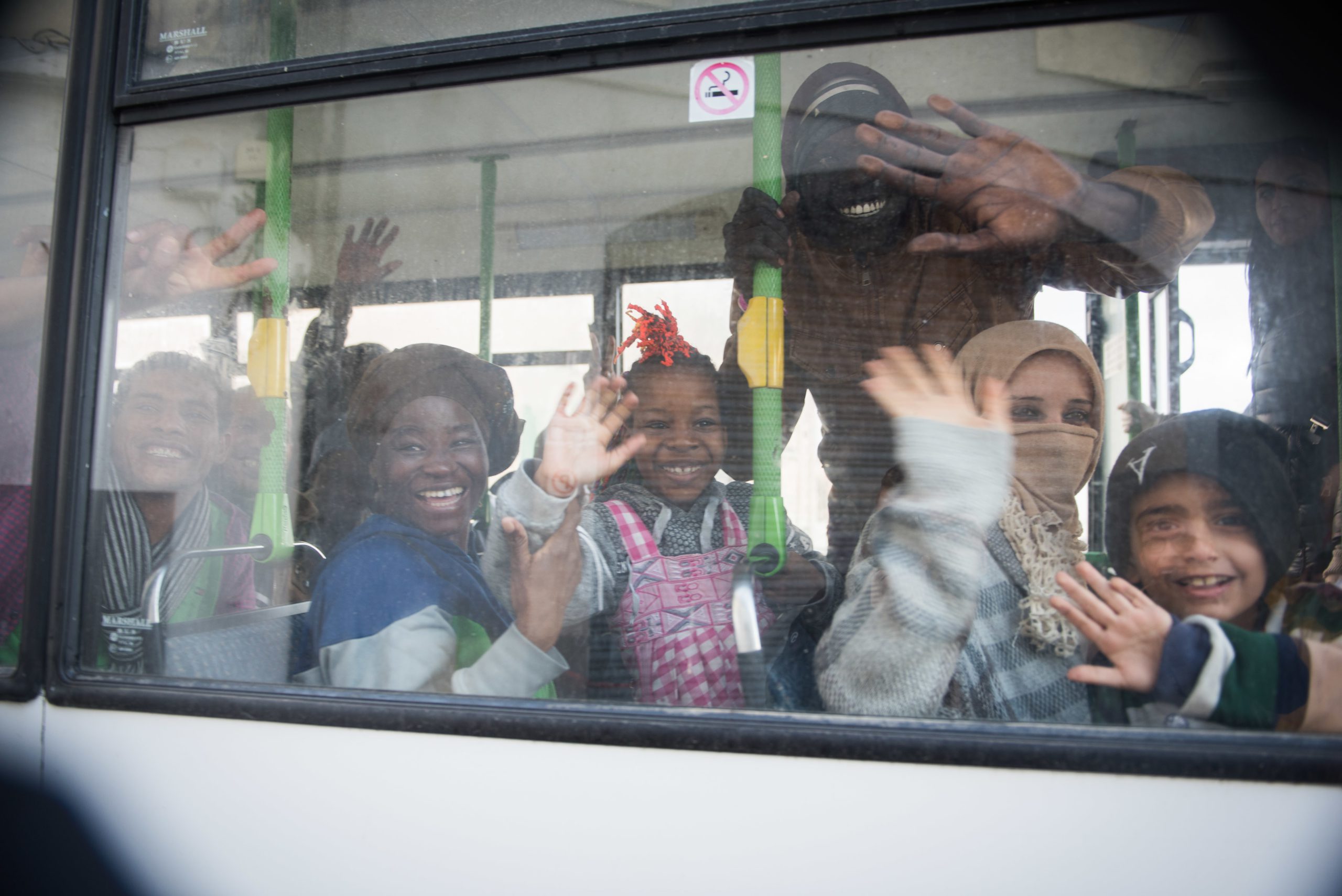
What is Amnesty International doing?
- We are investigating the abuses and exposing Europe’s complicity in the cycle of suffering migrants and refugees;
- We are advocating with the UN, EU, and other international bodies as well as relevant states;
- We are challenging dangerous cooperation in courts, by bringing legal actions against measures that contribute to trapping refugees and migrants in Libya;
- We are campaigning to end detention in Libya; and
- We are calling on Malta to drop the charges against three young people known as El Hiblu 3 who face life in prison for opposing their return to Libya.
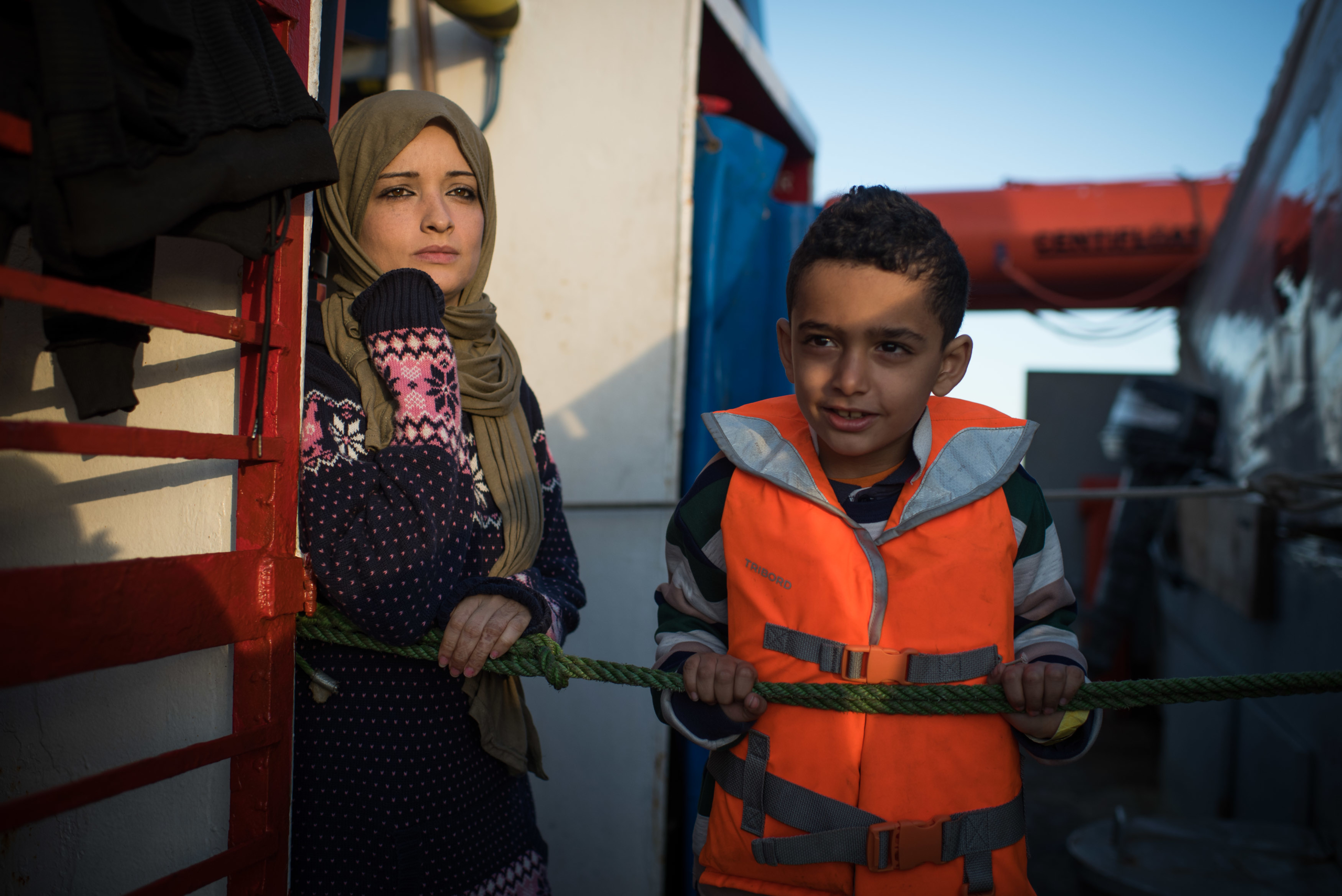
What can you do?
You can be part of the solution, by:
- Sharing this page
- Talking to your friends
- Informing yourself about how your government is complicit in this situation, both politically and financially
- Organizing an event to raise awareness
- Demanding justice for the three youths of El Hiblu 3, who face life in prison for opposing the return to torture in Libya
- Getting in touch with refugee and migrant organizations and organized diasporas in your country that are speaking up against the abuses in Libya
- Contacting organizations that are providing support to refugees and migrants
- Putting pressure on your government and parliament and EU institutions to take action
